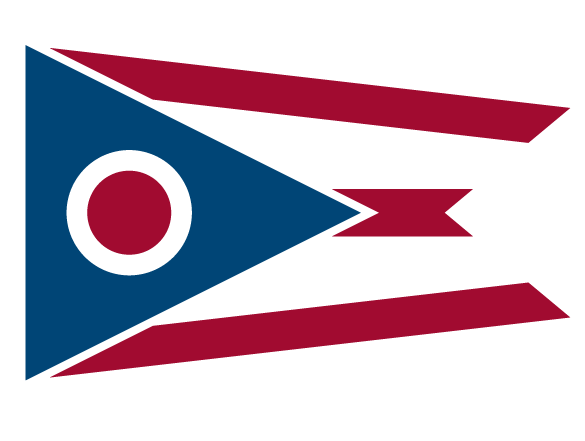Dependency and Indemnity Compensation (DIC)
Dependency and Indemnity Compensation (DIC)
If you’re the surviving spouse, child, or parent of a service member who died in the line of duty or you are the survivor of a Veteran who died from a service-related injury or illness, you may be able to get a tax-free monetary benefit called VA Dependency and Indemnity Compensation (VA DIC).*
*If VA denied your Blue Water Navy Veteran’s service-connected disability claim in the past, you may be eligible for DIC benefits based on the Blue Water Navy Vietnam Veterans Act of 2019. Veterans who served on a Blue Water Navy vessel offshore of the Republic of Vietnam, or on another U.S. Navy or Coast Guard ship operating in the coastal waterways of Vietnam between November 1, 1955, and May 7, 1975, are now entitled to a presumption of service connection for illnesses related to Agent Orange exposure.
You may be eligible as a Surviving Spouse if you meet the following requirements:
One of the following must be true:
- You lived with the Veteran or service member without a break until their death, OR
- If you’re separated, you weren’t at fault for the separation
And one of the following must be true:
- You married the Veteran or service member within 15 years of their discharge from the period of military service during which the qualifying illness or injury started or got worse, OR
- You were married to the Veteran or service member for at least 1 year, OR
- You had a child with the Veteran or service member
Note: If you remarried, you can receive or continue to receive compensation if one of these describes you:
- You remarried on or after December 16, 2003, and you were 57 years of age or older at the time you remarried, OR
- You remarried on or after January 5, 2021, and you were 55 years of age or older at the time you remarried
Provide evidence showing that one of these is true:
- The service member died while on active duty, active duty for training, or inactive duty training, OR
- The Veteran died from a service-connected illness or injury, OR
- The Veteran didn’t die from a service-connected illness or injury, but was eligible to receive VA compensation for a service-connected disability rated as totally disabling for a certain period of time
If the Veteran’s eligibility was due to a rating of totally disabling, they must have had this rating:
- For at least 10 years before their death, OR
- Since their release from active duty and for at least 5 years immediately before their death, OR
- For at least 1 year before their death if they were a former prisoner of war who died after September 30, 1999
Note: “Totally disabling” means the Veteran’s injuries made it impossible for them to work.
You may be eligible as a Surviving Child if you meet the following requirements:
All of these must be true:
- You aren’t married, and
- You aren’t included on the surviving spouse’s compensation, and
- You’re under the age of 18 (or under the age of 23 if attending school)
Note: If you were adopted out of the Veteran’s or service member’s family, but meet all other eligibility criteria, you still qualify for compensation.
Provide evidence showing that one of these is true:
- The service member died while on active duty, active duty for training, or inactive duty training, OR
- The Veteran died from a service-connected illness or injury, OR
- The Veteran didn’t die from a service-connected illness or injury, but was eligible to receive VA compensation for a service-connected disability that was rated as totally disabling for a certain period of time
If the Veteran’s eligibility was due to a service-connected disability rated as totally disabling, they must have had this rating:
- For at least 10 years before their death, OR
- Since their release from active duty and for at least 5 years immediately before their death, OR
- For at least 1 year before their death if they were a former prisoner of war who died after September 30, 1999
Note: “Totally disabling” means the Veteran’s injuries make it impossible for them to work.
You may be eligible as a Surviving Parent if you meet the following requirements:
Both of these must be true:
- You’re the biological, adoptive, or foster parent of the Veteran or service member, and
- Your income is below a certain amount
Note: VA defines a foster parent as someone who served in the role of a parent to the Veteran or service member before their last entry into active service.
Provide evidence showing that one of these is true:
- The service member died from an injury or illness while on active duty or in the line of duty while on active duty for training, OR
- The service member died from an injury or certain illnesses in the line of duty while on inactive training, OR
- The Veteran died from a service-connected illness or injury
